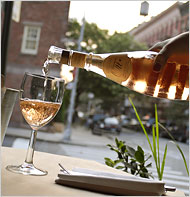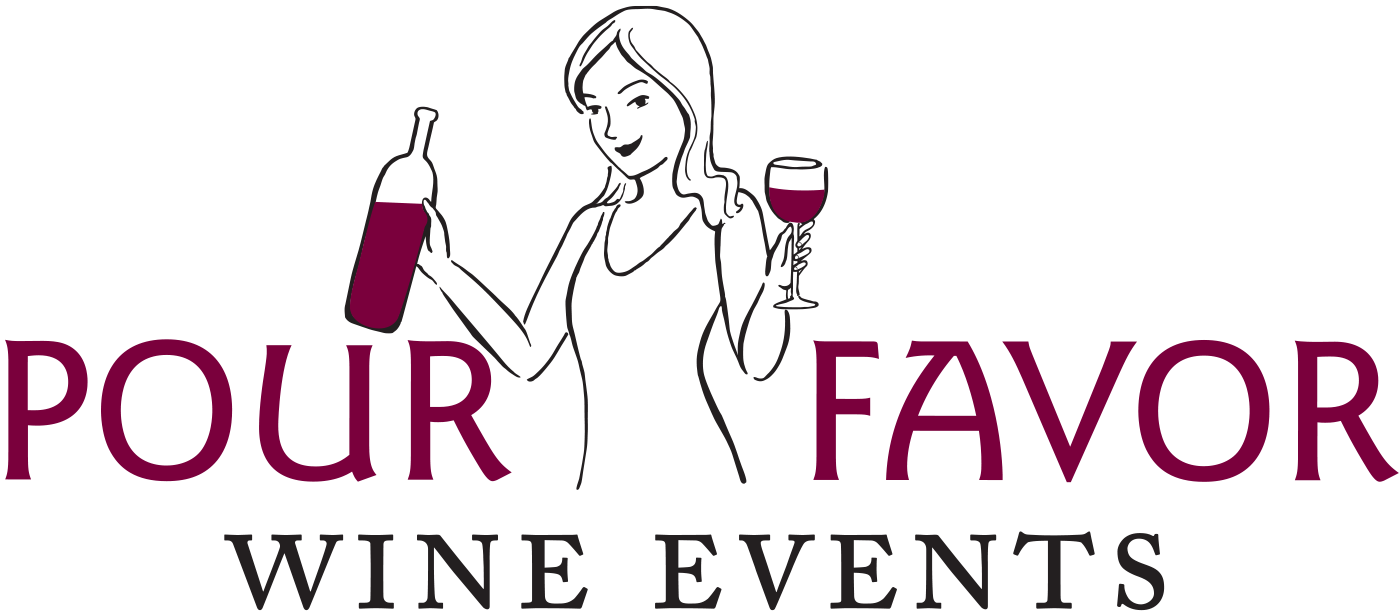 Surely my regular readers would agree I am not strictly a "purist" when it comes to wine innovation - whether it is using screwcaps or applying other modern winemaking techniques if/when it is warranted. My jaw dropped, however, when I read an article this week detailing the EU's desire to allow members to mix red and white wines to create rose (apologies for the lack of accent on the "e" throughout this post).
Rose is a tremendously delicious dry wine which we Americans (and others globally) have more or less just "discovered". Sales have been booming for the last several years. Finally the myth of rose tasting sweet like your Grand/Mother's white Zin(fandel) has been revealed! Meanwhile, consumers are going bonkers as they discover how many different styles there are; there is something for everyone and every dish.
Surely my regular readers would agree I am not strictly a "purist" when it comes to wine innovation - whether it is using screwcaps or applying other modern winemaking techniques if/when it is warranted. My jaw dropped, however, when I read an article this week detailing the EU's desire to allow members to mix red and white wines to create rose (apologies for the lack of accent on the "e" throughout this post).
Rose is a tremendously delicious dry wine which we Americans (and others globally) have more or less just "discovered". Sales have been booming for the last several years. Finally the myth of rose tasting sweet like your Grand/Mother's white Zin(fandel) has been revealed! Meanwhile, consumers are going bonkers as they discover how many different styles there are; there is something for everyone and every dish.
Provence, France is arguably the rose capital of the world. Whenever I think of sitting on the shores of the Mediterranean at a little cafe, I transport myself to Provence - and I am sipping rose. The folks there have worked particularly hard over the years to debunk the myth of cotton-candy sweet pink, plonk wines and created more awareness and appreciation for these delightful wines. In my mind at least, I think of it as a local effort to give these wines the international appreciation (or distinction?) of say, Champagne.
If the EU allows a broader definition of rose such that red and white wines are mixed rather than applying the traditional method of pressing the juice from red grapes, I fear the 'cheapening' of this lovely libation. Provencial rose (and other areas that use this traditional, sanctioned technique) will lose their prestige as the wines lose their vibrancy. And so today my question is:
For what real benefit is the EU doing this? Where is the market research that backs up this move?
